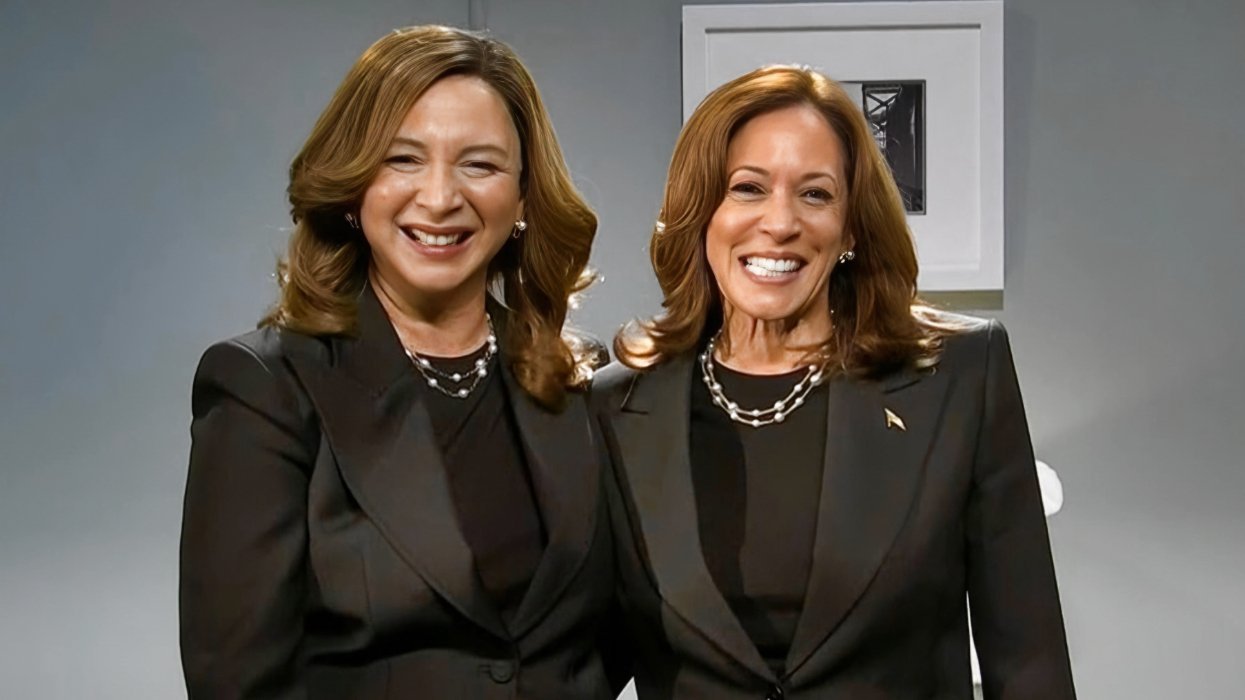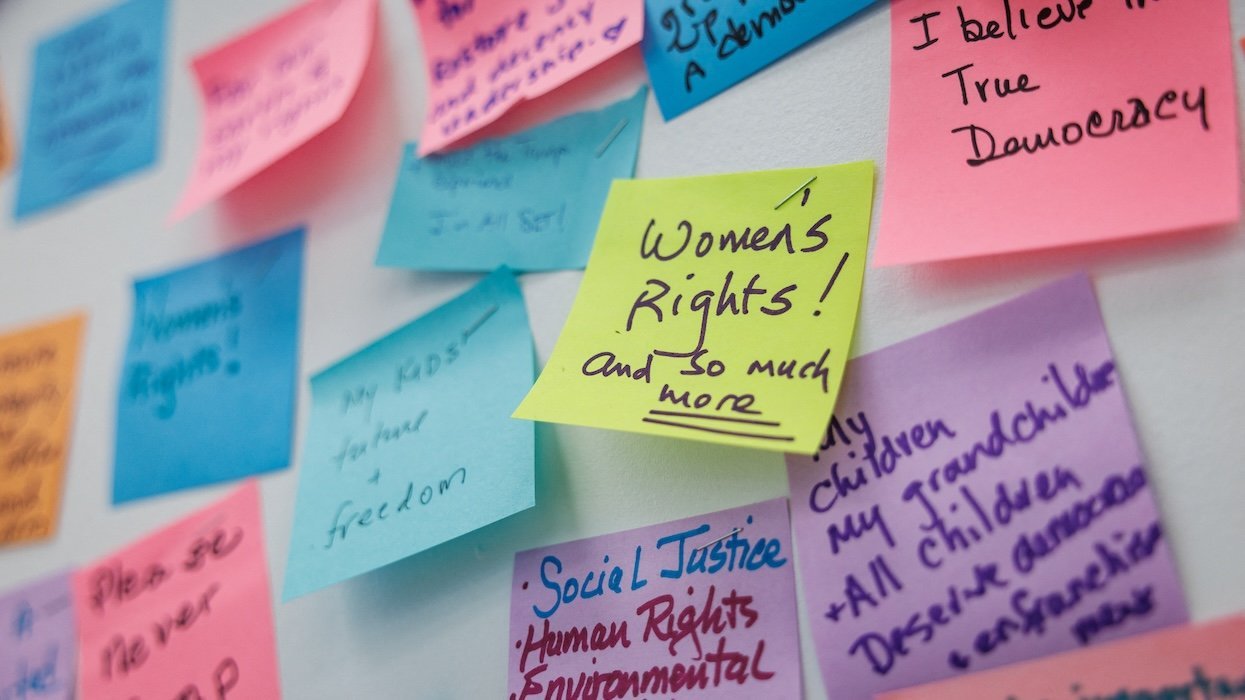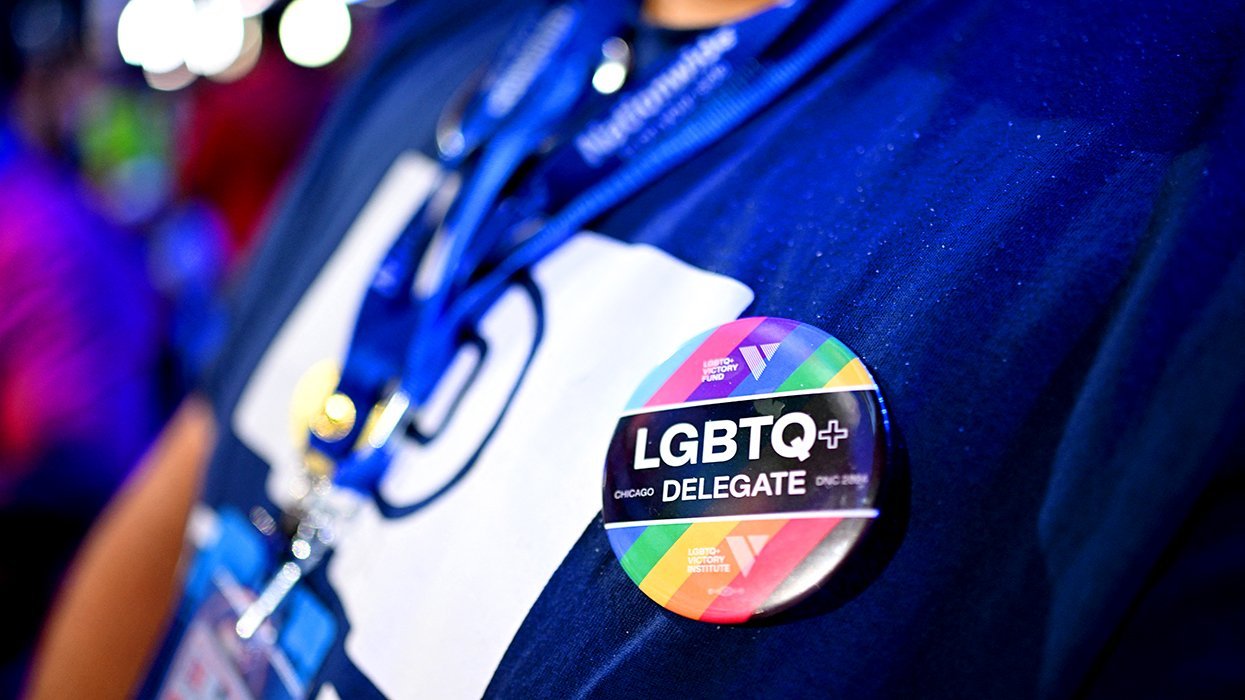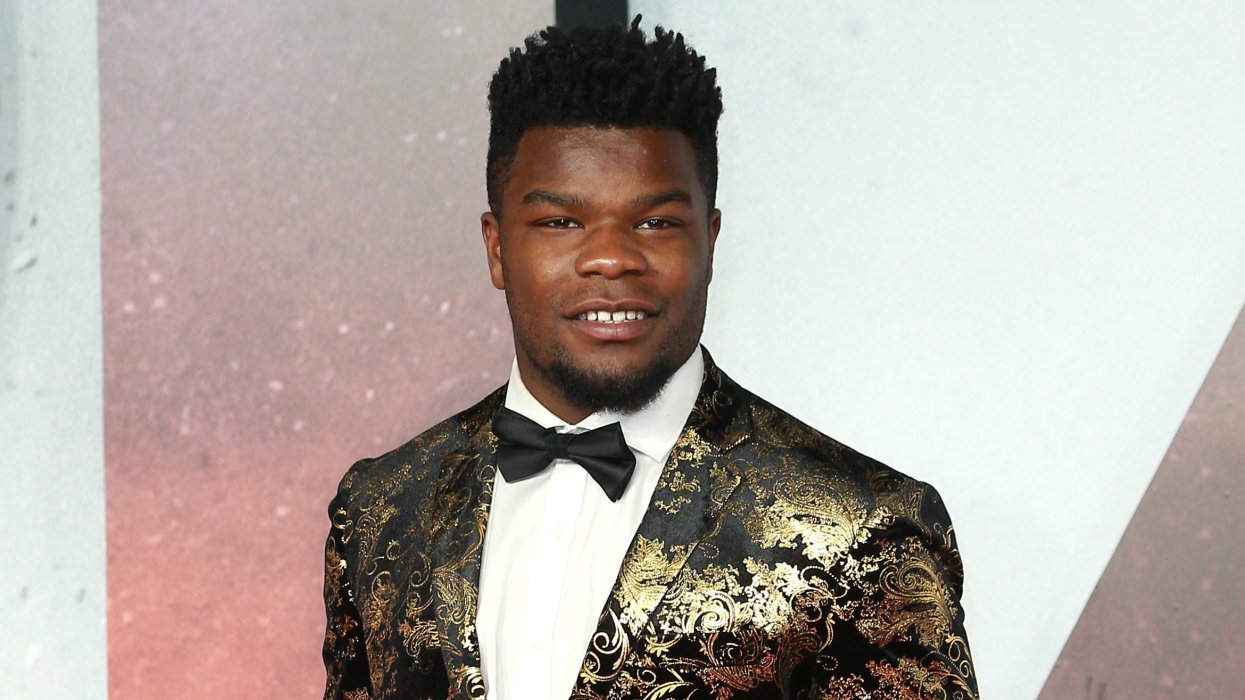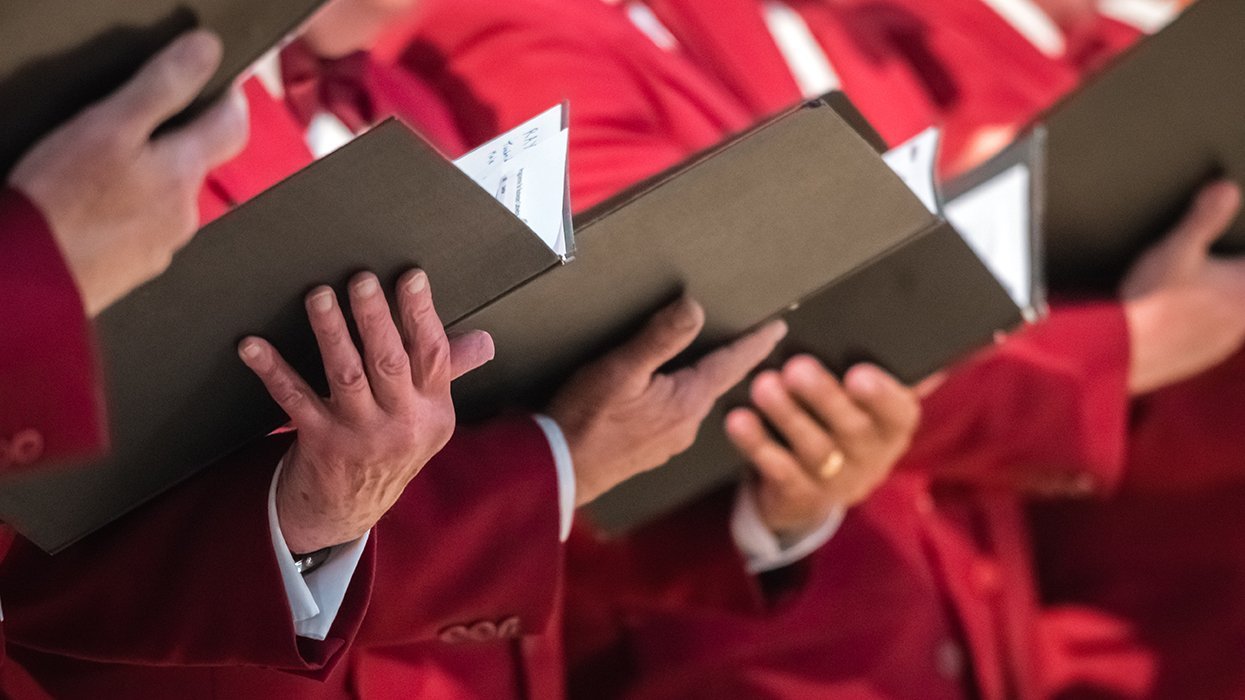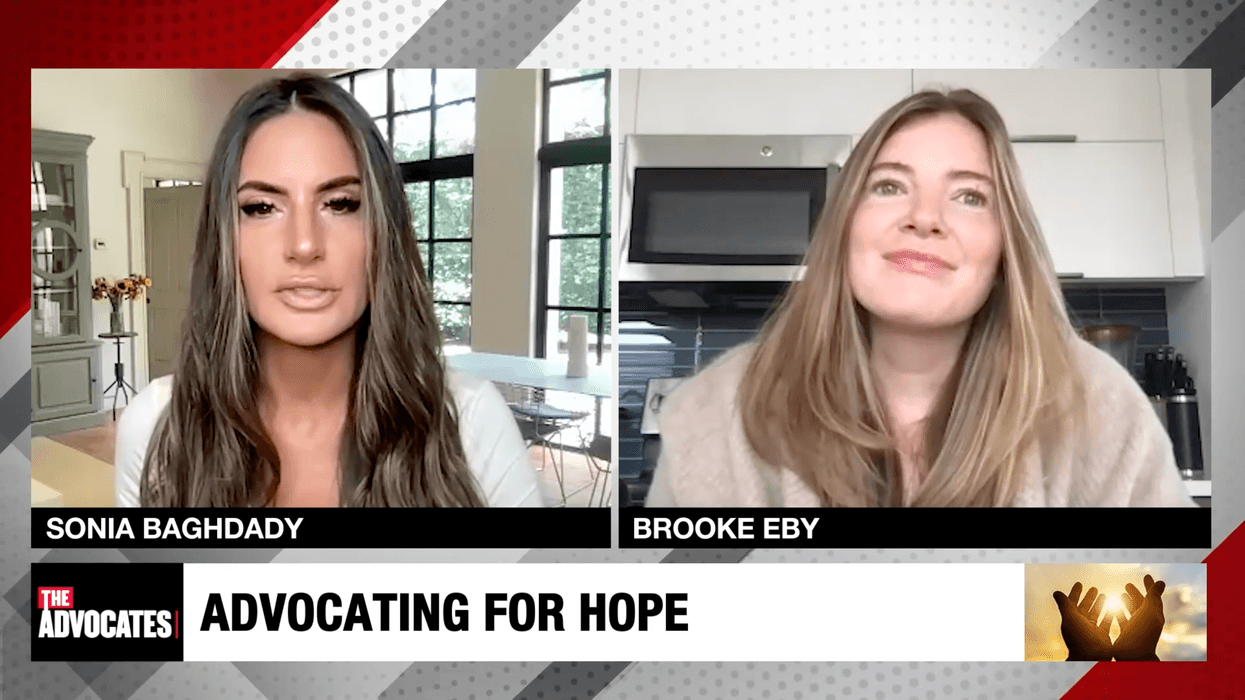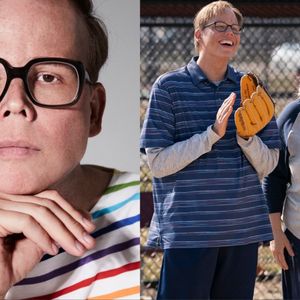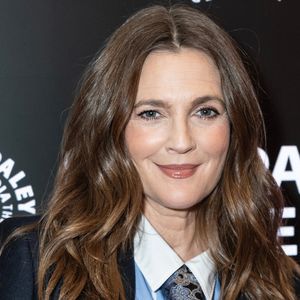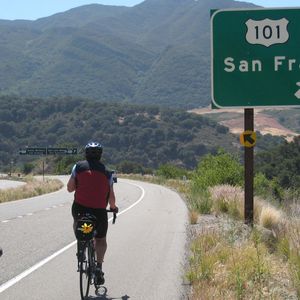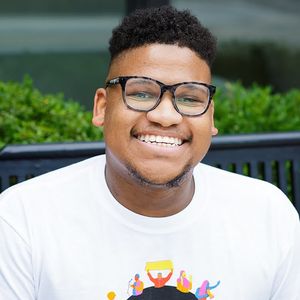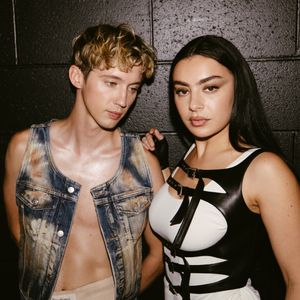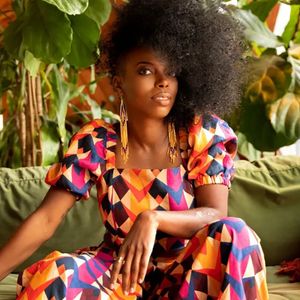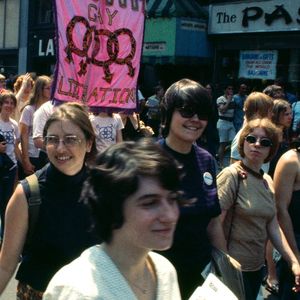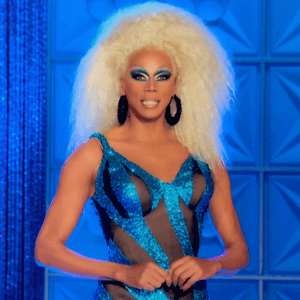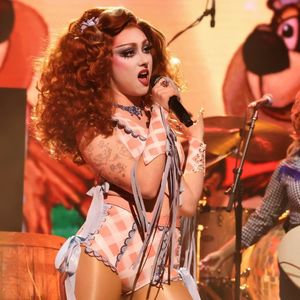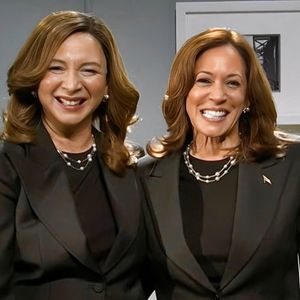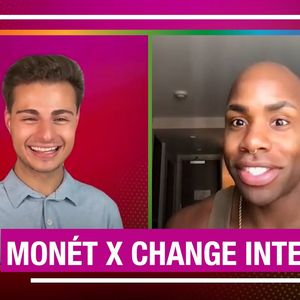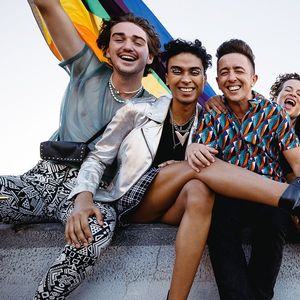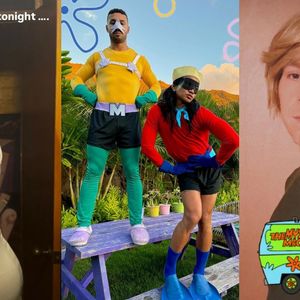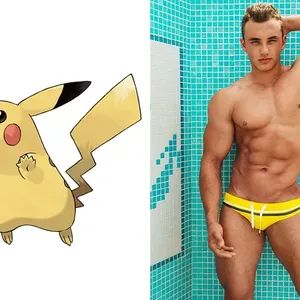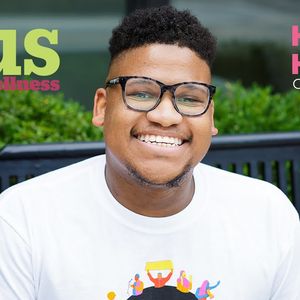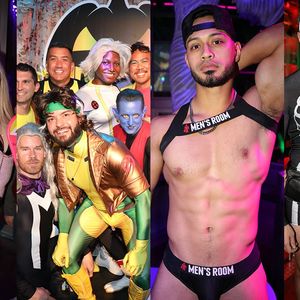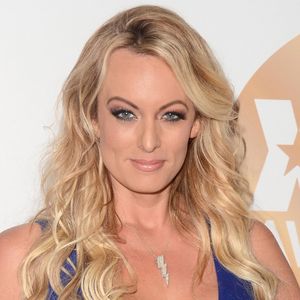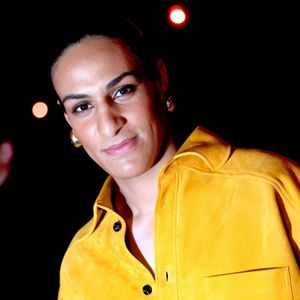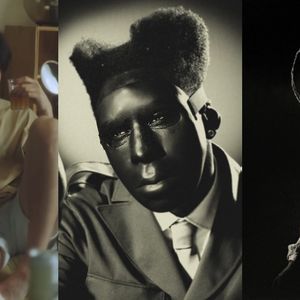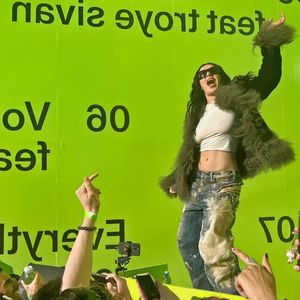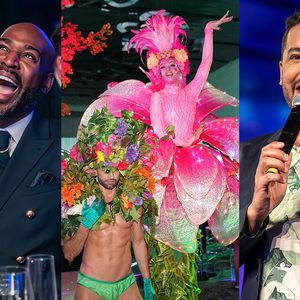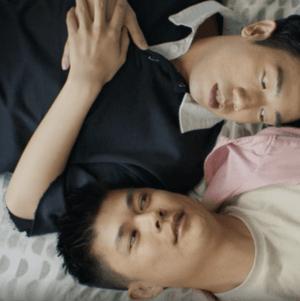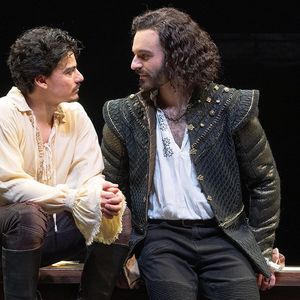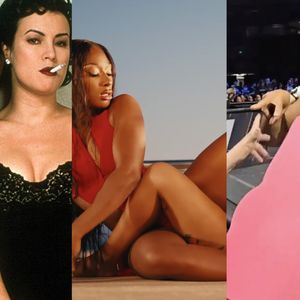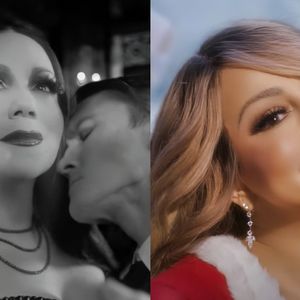The year 1993 wasn't all great for the gays. Even though Bill Clinton had just been elected on a wave of LGBT enthusiasm, he betrayed that support by pushing for the "don't ask, don't tell" policy in the military. Antigay legislation passed the previous year in Ohio and Colorado. And a landmark court ruling out of Hawaii, with justices saying the state constitution required a compelling reason to ban same-sex marriage, actually became the impetus cited years later by proponents of the Defense of Marriage Act.
Despite the setbacks, in popular music, three albums were released in 1993 that in their own way opened the door for LGBT musicians and maybe even to acceptance of LGBT rights: Melissa Etheridge's Yes I Am, the Breeders' Last Splash and Meshell Ndegeocello's Plantation Lullabies.
 Melissa Etheridge, a gay icon for decades, didn't come out until one of Clinton's 1993 Inaugural Balls. Her fourth album released later in the year, Yes I Am, was a further declaration of her pride. Her hit "Come to My Window" had lyrics like "I don't care what they think/ I don't care what they say/What do they know about this love/ Anyway?'" The music video for "I'm The Only One" included women seductively dancing with each other.
Melissa Etheridge, a gay icon for decades, didn't come out until one of Clinton's 1993 Inaugural Balls. Her fourth album released later in the year, Yes I Am, was a further declaration of her pride. Her hit "Come to My Window" had lyrics like "I don't care what they think/ I don't care what they say/What do they know about this love/ Anyway?'" The music video for "I'm The Only One" included women seductively dancing with each other.
In 1993, there was no out lesbian rock star who became as mainstream as Etheridge. Her music broke from the "women's music" box that had contained earnest LGBT singer-songwriters in coffee shops and feminist bookstores. Yes I Am made "women's music" that was popular with many lesbians yet also radio-friendly. Because of Etheridge being out, confessional, and accessible, she paved the way for artists like Tegan and Sara, the Cliks, and Gossip.
 While Etheridge was out and proud, Kim Deal of alternative band The Breeders played it coy and didn't reveal her sexuality until much later. Deal became a gay icon because of her androgynous dress and playful lyrics. Even the band name was a gay slang for heterosexuals. If Etheridge made it OK for gay artists to be normal, Deal asserted the rights of LGBT artists to be weird.
While Etheridge was out and proud, Kim Deal of alternative band The Breeders played it coy and didn't reveal her sexuality until much later. Deal became a gay icon because of her androgynous dress and playful lyrics. Even the band name was a gay slang for heterosexuals. If Etheridge made it OK for gay artists to be normal, Deal asserted the rights of LGBT artists to be weird.
Deal won over fans with her band's second album, Last Splash, with offbeat songs like "Cannonball" and lyrics like "I'll be your whatever you want/the bong in this reggae song."
Many pop stars in '93 like Janet Jackson and even fellow rock stars like Liz Phair flaunted their sexuality with suggestive songs and videos. By contrast, Deal let her music stand on its own without gimmicks. Deal's music was the blueprint for no-nonsense female LGBT rock musicians like Carrie Brownstein, her current band, Wild Flag, and Corin Tucker.
 Although being gay was accepted in rock music for a number of years dating back to David Bowie in the '70s, in R&B music, it was much more difficult to be out. Many such artists had to remain closeted to maintain a "perfect" image.
Although being gay was accepted in rock music for a number of years dating back to David Bowie in the '70s, in R&B music, it was much more difficult to be out. Many such artists had to remain closeted to maintain a "perfect" image.
But bass player and singer Ndegeocello broke down the heterosexist walls of soul music. Ndegeocello's shaved head and proud bisexual identity changed the R&B music scene in 1993. On her debut album, Plantation Lullabies, she brags about stealing someone's man in the single, "If That's Your Boyfriend (He Wasn't Last Night')." The playful bragging can be an indirect link to buzzworthy, bisexual rapper Azealia Banks and her song "212."
Lullabies was also an album that started the neo-soul trend in R&B, a return to live instrumentation and introspective lyrics. Ndegeocello balanced the cheekiness of "Boyfriend" with lovelorn lyrics on songs like "Outside Your Door": "I just want you to stay and talk to me/I'm just so lonely." She no doubt became an inspiration for artists like Grammy winner Frank Ocean, who had heartfelt lyrics about an unrequited love affair with a man on his album, Channel Orange.
Yes I Am, Last Splash, and Plantation Lullabies were all very different albums, but all changed the way LGBT artists would represent themselves. Melissa Etheridge, Me'shell Ndegeocello, and Kim Deal all expressed their sexuality in their own way and made it easier for artists coming after them to express theirs.
Chicago-based Ella Vincent writes about culture for Ask Miss A.com and Blackworthy.com. She's also written for the Windy City Times and ClutchMag.com. Follow her on Twitter.
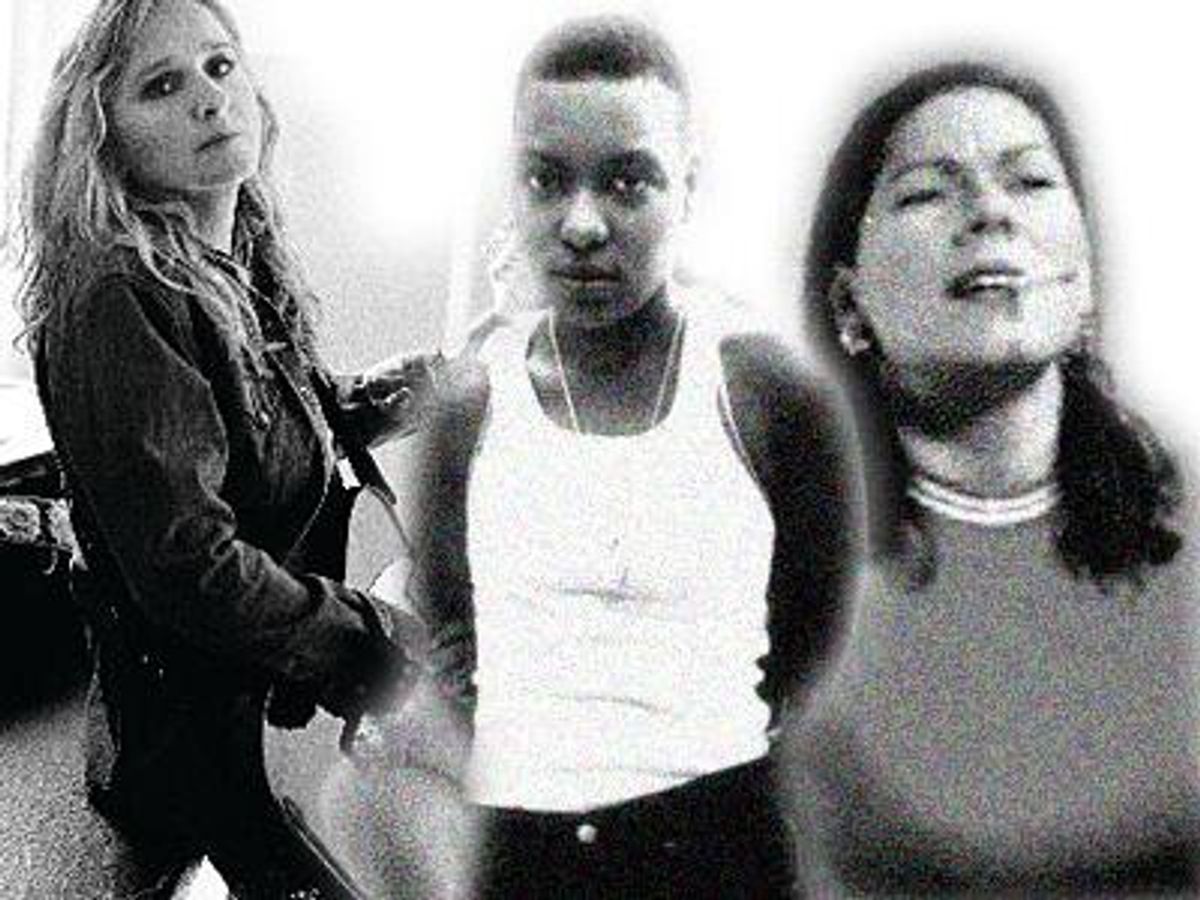

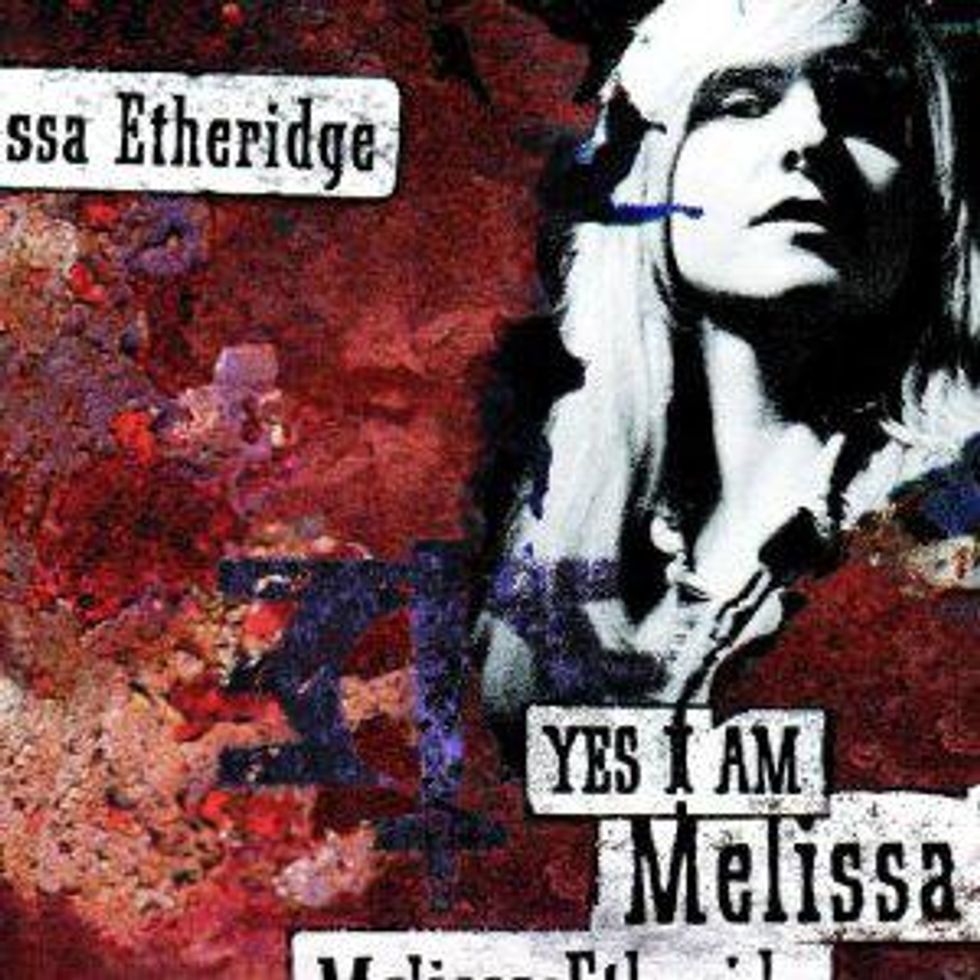 Melissa Etheridge, a gay icon for decades, didn't come out until one of Clinton's 1993 Inaugural Balls. Her fourth album released later in the year, Yes I Am, was a further declaration of her pride. Her hit "Come to My Window" had lyrics like "I don't care what they think/ I don't care what they say/What do they know about this love/ Anyway?'" The music video for "I'm The Only One" included women seductively dancing with each other.
Melissa Etheridge, a gay icon for decades, didn't come out until one of Clinton's 1993 Inaugural Balls. Her fourth album released later in the year, Yes I Am, was a further declaration of her pride. Her hit "Come to My Window" had lyrics like "I don't care what they think/ I don't care what they say/What do they know about this love/ Anyway?'" The music video for "I'm The Only One" included women seductively dancing with each other.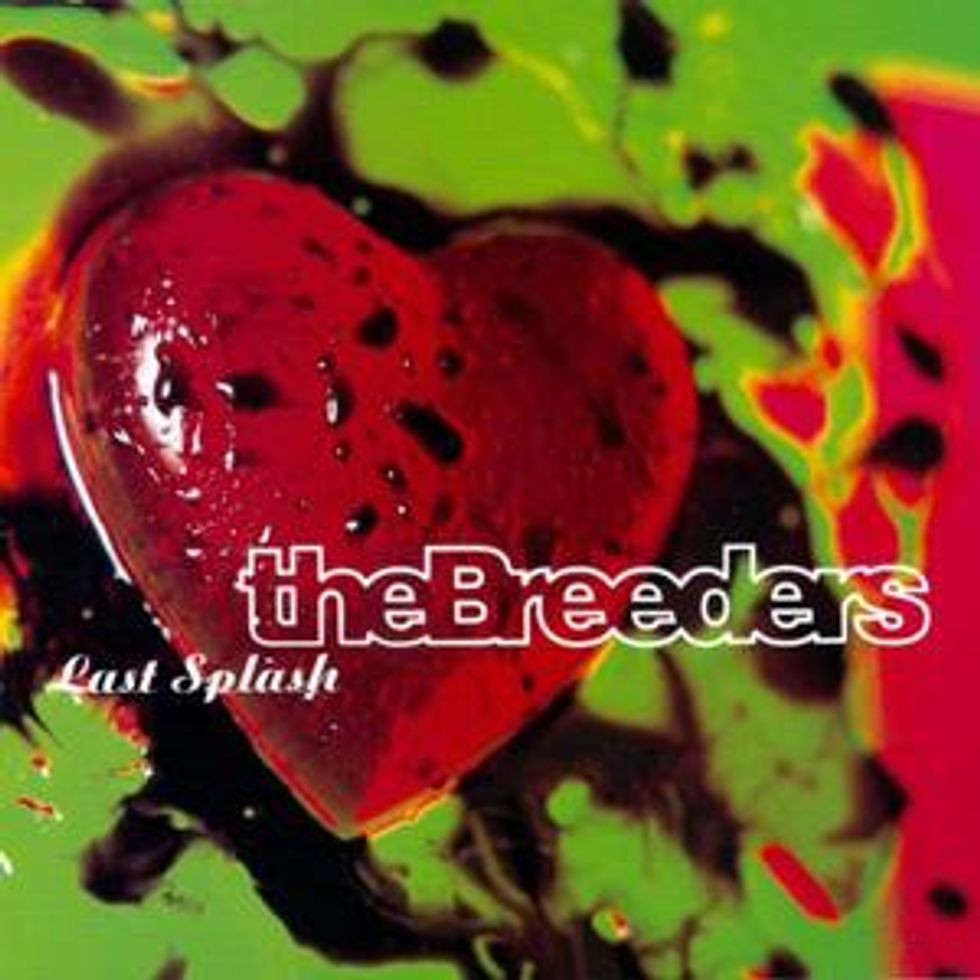 While Etheridge was out and proud, Kim Deal of alternative band The Breeders played it coy and didn't reveal her sexuality until much later. Deal became a gay icon because of her androgynous dress and playful lyrics. Even the band name was a gay slang for heterosexuals. If Etheridge made it OK for gay artists to be normal, Deal asserted the rights of LGBT artists to be weird.
While Etheridge was out and proud, Kim Deal of alternative band The Breeders played it coy and didn't reveal her sexuality until much later. Deal became a gay icon because of her androgynous dress and playful lyrics. Even the band name was a gay slang for heterosexuals. If Etheridge made it OK for gay artists to be normal, Deal asserted the rights of LGBT artists to be weird.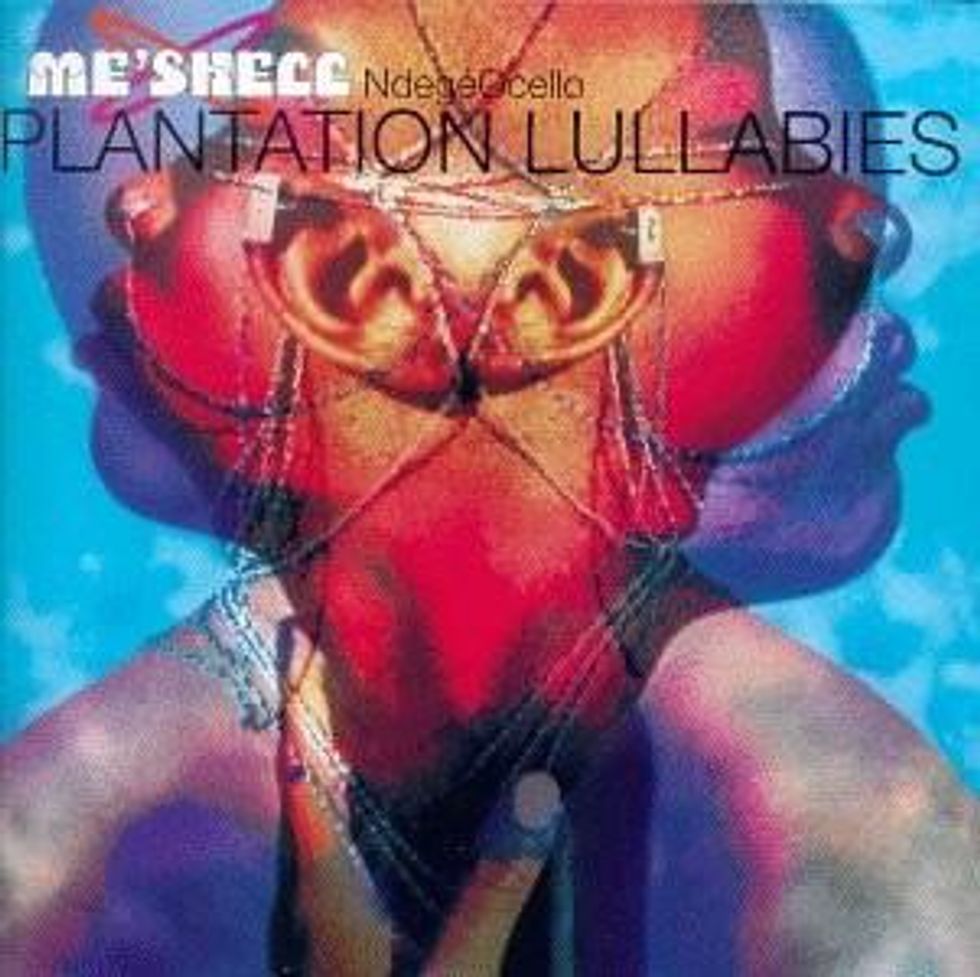 Although being gay was accepted in rock music for a number of years dating back to David Bowie in the '70s, in R&B music, it was much more difficult to be out. Many such artists had to remain closeted to maintain a "perfect" image.
Although being gay was accepted in rock music for a number of years dating back to David Bowie in the '70s, in R&B music, it was much more difficult to be out. Many such artists had to remain closeted to maintain a "perfect" image.











